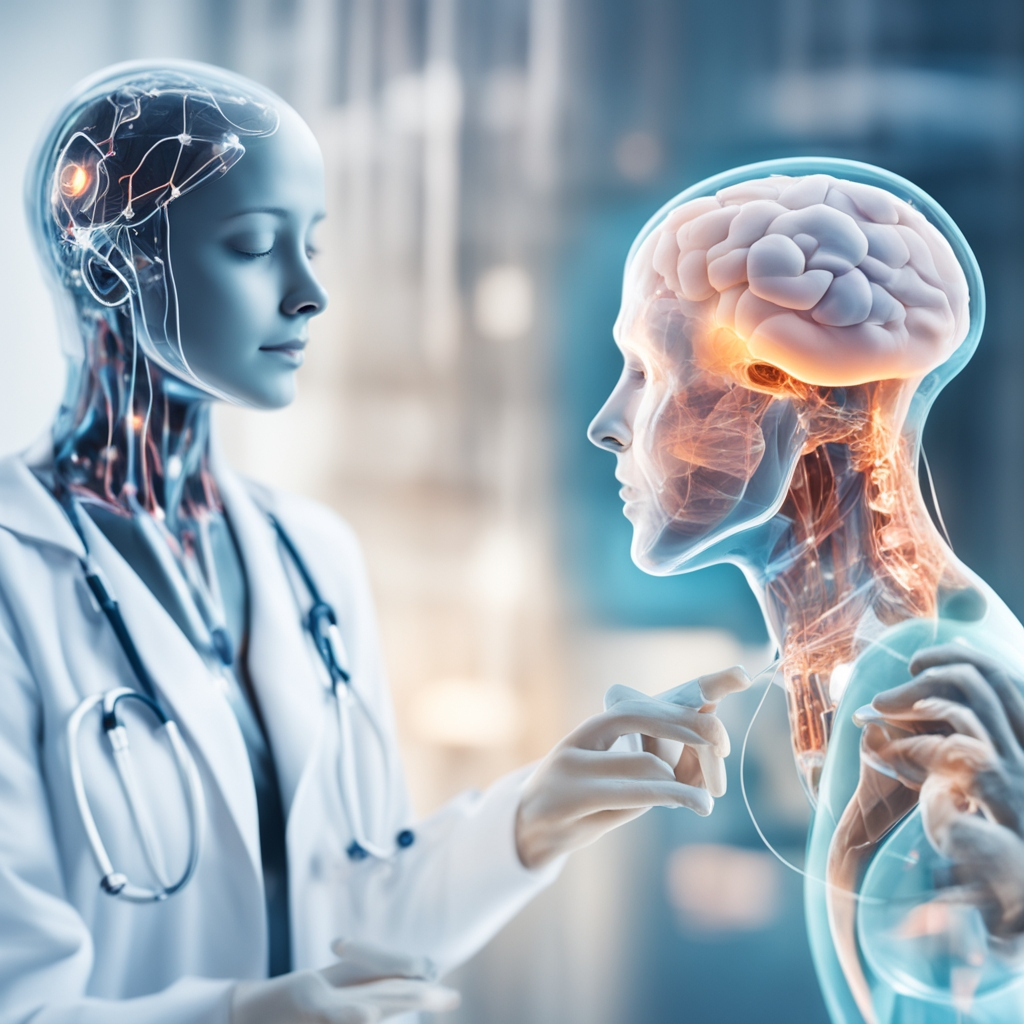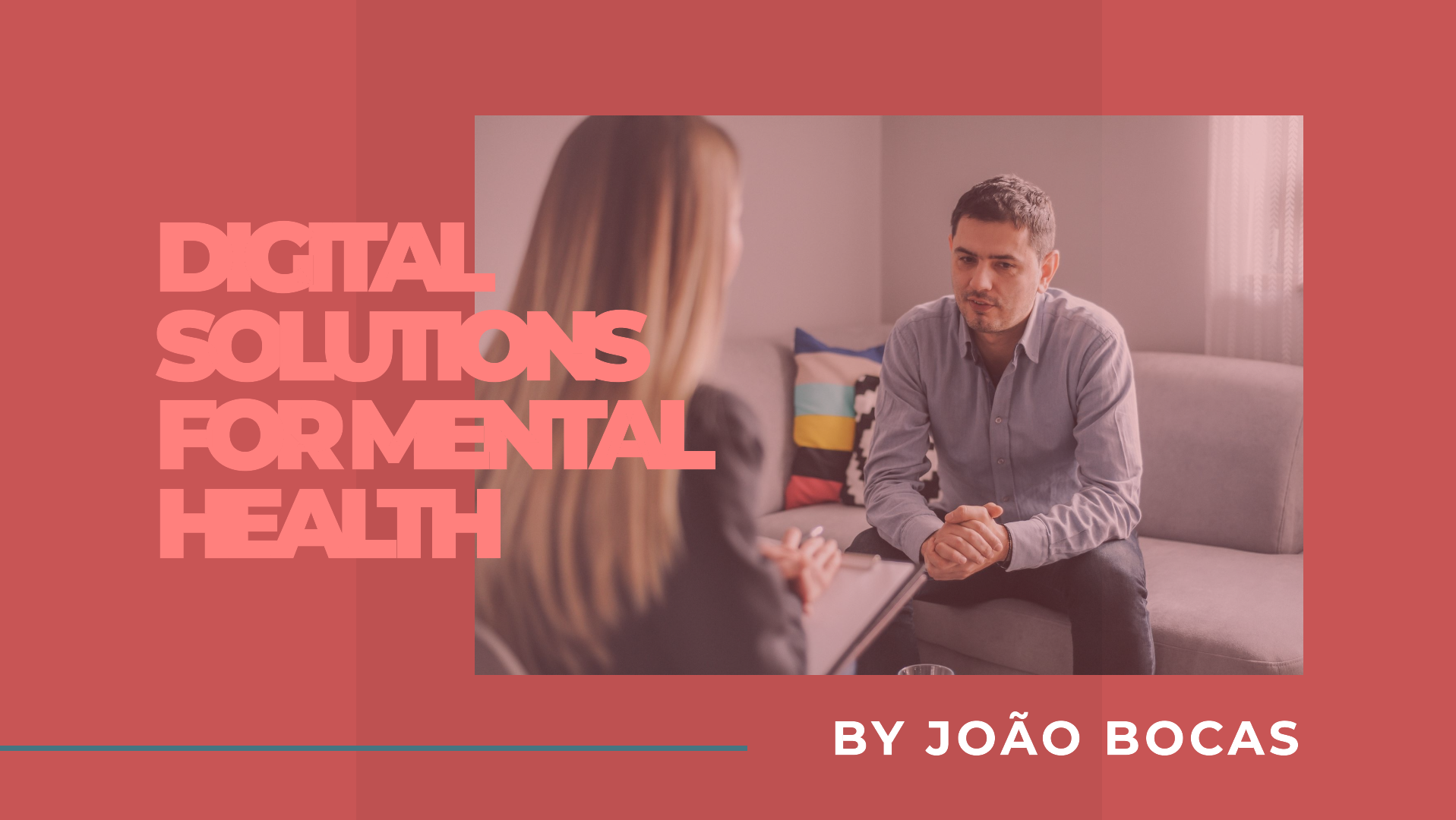Generative AI has emerged as a promising tool that can revolutionize healthcare and address the current problems plaguing the industry. In this article, we will explore how generative AI can be harnessed to fix healthcare and pave the way for a more efficient, effective, and patient-centric system.
The healthcare industry is facing numerous challenges in the modern era. Rising costs, limited access to quality care, and the need for personalized treatments have become pressing concerns. However, with the rapid advancements in technology, there is hope for a transformative solution.
Understanding Generative AI
Generative AI is a fascinating field within artificial intelligence that focuses on creativity and the generation of new content. Unlike traditional AI models that are designed for data analysis and prediction, generative AI is designed to create something new based on patterns and information it has learned.
At the core of generative AI are machine learning algorithms and deep learning techniques. These algorithms learn from large datasets and try to understand the underlying patterns and structures within the data. By analyzing and identifying these patterns, generative AI models can generate new content that resembles the training data.
One popular application of generative AI is in the field of art and design. Artists can use generative AI models to create unique artworks, textures, or visual elements by training the model on a dataset of existing artwork. The model can then generate new pieces by combining and reimagining the patterns and styles it has learned.
Another area where generative AI excels is in language generation. Models like OpenAI’s GPT can generate coherent and contextually appropriate text by training on a vast amount of written data. These models can generate anything from short sentences to entire articles, and they have been used in various applications like chatbots, creative writing, and content generation.
Generative AI also has potential applications in healthcare. By training on medical datasets, generative AI models can generate synthetic patient data that can be used for research, testing algorithms, or ensuring privacy when sharing data. It can also generate realistic medical images or assist in the development of virtual patient simulators for training medical professionals.
It is important to note that while generative AI has great potential, it also comes with challenges. Generating new content requires a deep understanding of the underlying patterns, and sometimes generative AI models can produce outputs that are nonsensical or misleading. Ethical considerations must also be taken into account, as generative AI can be misused to generate fake content or manipulate information.
The Role of Generative AI in Medical Research and Innovation
Generative AI has the potential to significantly impact medical research and innovation. By analyzing vast amounts of data, AI algorithms can identify patterns, correlations, and insights that may have otherwise gone unnoticed. This can lead to breakthroughs in understanding diseases, identifying risk factors, and developing innovative treatments.
For example, generative AI can analyze large genomic datasets to identify genetic variations associated with certain diseases. By studying these patterns, scientists can gain a deeper understanding of the molecular mechanisms underlying these conditions. This knowledge can then inform the development of targeted therapies and personalized treatment plans.
Generative AI can also contribute to the field of medical imaging. By analyzing medical images such as X-rays, MRIs, and CT scans, AI algorithms can assist radiologists in detecting subtle abnormalities and making accurate diagnoses. This can lead to earlier detection of diseases like cancer, improving patient outcomes and survival rates.
Ethical Considerations and Potential Challenges
While generative AI holds great promise for fixing healthcare, it is important to approach its implementation with caution. There are several ethical considerations and potential challenges that need to be addressed.
Firstly, privacy and data security are crucial. Healthcare data is highly sensitive, and strict measures must be in place to ensure patient privacy and comply with data protection regulations. Transparent consent processes and robust data encryption methods should be employed to maintain patient confidentiality.
Secondly, the reliance on AI algorithms raises concerns about bias and fairness. If the training data is biased or incomplete, the AI system may produce biased recommendations or perpetuate existing disparities in healthcare. Efforts must be made to ensure the fairness and inclusivity of AI systems, and regular audits should be conducted to mitigate bias.
Lastly, the human-AI collaboration model needs careful consideration. While AI can automate certain tasks and augment human capabilities, it cannot replace the expertise and empathy of healthcare professionals. The implementation of generative AI should be seen as a complement to human decision-making, with healthcare providers retaining the final say in treatment decisions.
The Current Challenges in Healthcare
Before we delve into how generative AI can address the problems in healthcare, it is crucial to understand the key challenges faced by the industry:
Rising Costs
The rising costs of healthcare are a significant challenge globally. Factors such as advances in medical technology, increasing demand for healthcare services, and the growing burden of chronic diseases contribute to the escalating costs. This puts a strain on healthcare systems, making it difficult for individuals, governments, and healthcare providers to afford and sustain quality care. Generative AI can help address this challenge by improving efficiency, optimizing resource allocation, and reducing unnecessary healthcare expenses.
By leveraging generative AI, healthcare systems can automate administrative tasks, streamline workflows, and enhance data analysis. This can result in cost savings by reducing the need for manual labor, minimizing errors, and increasing overall operational efficiency. Additionally, generative AI can assist in predicting and preventing costly complications or hospital readmissions through early intervention, thus reducing the financial burden on healthcare systems and individuals.
Limited Access to Quality Care
Access to quality healthcare remains a prominent issue, particularly in underserved communities, rural areas, and developing countries. Generative AI has the potential to bridge this gap by providing innovative solutions for remote patient monitoring, telehealth consultations, and healthcare delivery.
Through the use of generative AI-powered telemedicine platforms, patients in remote areas can access healthcare services without having to endure long journeys or wait times. AI algorithms can assist healthcare professionals in diagnosing and treating patients remotely, providing them with timely and appropriate care. This technology can extend the reach of healthcare providers, empowering them to deliver quality care to individuals who previously had limited access.
Personalized Treatments
In the era of precision medicine, personalized treatments have become crucial for improving patient outcomes. Generative AI can play a significant role in facilitating personalized healthcare by analyzing vast amounts of patient data, such as medical records, genetic profiles, and lifestyle information.
Generative AI algorithms can identify patterns and correlations in this data to develop personalized treatment plans and recommendations. By considering factors such as genetic predispositions, individual responses to specific treatments, and lifestyle factors, healthcare providers can tailor interventions to meet the unique needs of each patient. This approach not only enhances treatment effectiveness but also minimizes adverse reactions and unnecessary treatments, resulting in better patient outcomes.
Medical Errors and Misdiagnosis
Medical errors and misdiagnosis are a significant concern for healthcare providers and patients alike. These errors can lead to adverse events, increased healthcare costs, and compromised patient safety. Generative AI can help mitigate these issues by improving diagnostic accuracy, reducing errors, and enhancing patient safety.
Through the analysis of medical imaging data, generative AI algorithms can assist radiologists and pathologists in detecting and interpreting subtle abnormalities. By leveraging machine learning techniques, these algorithms can learn from vast datasets and enhance the accuracy of medical image analysis, aiding in early detection and treatment planning.
Additionally, generative AI can support clinical decision-making by analyzing patient data, identifying potential risks, and providing evidence-based recommendations. This can help healthcare professionals in making more informed decisions, reducing the likelihood of errors and improving patient outcomes.
Generative AI has the potential to address several challenges in healthcare, including rising costs, limited access to quality care, personalized treatments, and medical errors. By harnessing the power of AI algorithms to automate processes, optimize resource allocation, and personalize healthcare interventions, we can work towards a more efficient, accessible, and patient-centric healthcare system. However, it is important to ensure that the implementation of generative AI is done responsibly, with attention to ethical considerations, privacy, and ongoing collaboration between healthcare professionals and technology experts.
How Generative AI Can Fix Healthcare

Generative AI has the potential to tackle the aforementioned challenges and transform healthcare in the following ways:
- Enhancing Efficiency and Reducing Costs: Generative AI can automate various tasks in healthcare, reducing the burden on healthcare professionals and streamlining processes. For instance, chatbots powered by generative AI can handle initial patient inquiries, reducing wait times and enabling faster responses. AI-driven algorithms can also optimize resource allocation and supply chain management, leading to cost savings.
- Improving Access to Care: Telemedicine and remote patient monitoring have gained traction in recent years. Generative AI can further enhance these technologies by enabling remote diagnostics and consultations. Through the analysis of patient data, AI algorithms can recommend suitable treatments, reducing the need for in-person visits and expanding access to quality care for underserved populations.
- Personalizing Treatment Plans: Generative AI can analyze vast amounts of patient data, including electronic health records, medical imaging, and genetic information, to develop customized treatment plans. By considering individual patient characteristics, generative AI algorithms can suggest personalized interventions, leading to improved health outcomes and patient satisfaction.
- Enhancing Diagnosis Accuracy: Misdiagnosis and medical errors can have severe consequences. Generative AI can aid healthcare professionals in making accurate and timely diagnoses by analyzing patient data and providing valuable insights. Machine learning algorithms can learn patterns and detect abnormalities in medical images, aiding radiologists in interpreting complex scans. This can lead to earlier detection of diseases and improved patient management.
- Drug Discovery and Development: The process of drug discovery and development is time-consuming and costly. Generative AI can accelerate this process by analyzing vast amounts of biological and chemical data, identifying novel drug targets, and suggesting potential drug candidates. This innovative approach has the potential to expedite the development of new therapies and facilitate the delivery of more effective treatments.
- Predictive Analytics and Early Intervention: Generative AI can predict disease progression and identify high-risk individuals, allowing for early intervention and preventive measures. By analyzing patient data, including medical histories, lifestyle factors, and genetic markers, AI algorithms can forecast disease outcomes and help healthcare providers implement targeted interventions to mitigate risks.
Conclusion
Generative AI has immense potential to fix the current problems in healthcare by enhancing efficiency, improving access to care, personalizing treatments, enhancing diagnosis accuracy, accelerating drug discovery, and facilitating predictive analytics. However, it is important to acknowledge that the integration of AI in healthcare should be done with careful consideration of ethical, legal, and privacy concerns. Collaborative efforts between healthcare professionals, technology experts, and policymakers are necessary to ensure the responsible and effective implementation of generative AI in healthcare. With the right approach, generative AI can revolutionize the healthcare industry and pave the way for a brighter and healthier future for all.
Thank you for joining us on this journey through the latest in digital health and health wearables news. To stay in the know and explore further, here are some key links for you:
- Digital Salutem Website: Visit Digital Salutem for your weekly dose of digital health news and insights.
- Healthcare Uncomplicated on YouTube: Delve into the topics discussed in this article and more on our YouTube Channel, Healthcare Uncomplicated.
- Digital Salutem Podcast: Tune in to our thought-provoking discussions on the Digital Salutem Podcast. Uncover deeper insights into the world of healthcare transformation on Soundcloud and Spotify
- Share Your Thoughts: We value your feedback! Share your opinions on digital health, patient care, wearables, or anything, comment here or emailing us at info@digitalsalutem.com
- Connect with Us: For inquiries about Digital Healthcare Transformation, Healthcare organizational growth, or Healthcare brand positioning, reach out to us at +44 (0)1273 458590.
Your engagement fuels the ongoing dialogue shaping the future of healthcare. Let’s continue this transformative journey together!





